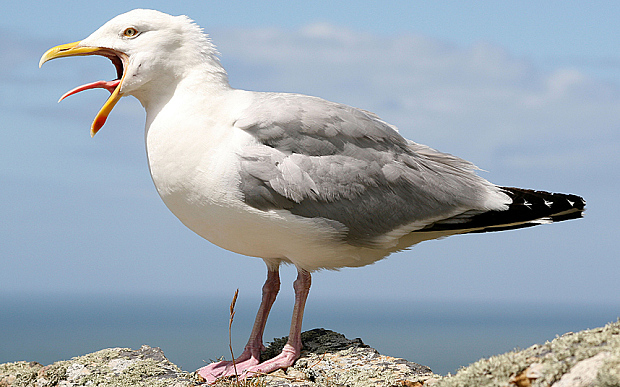We went to see The Seagull, starring Annette Bening (and others but her performance was all-encompassing) yesterday at the Violet Crown in Austin. It was a masterful adaptation of the Chekhov play. Annette Bening was a delight, elegantly communicating both the pathos and the humor in her performance.
It got me to thinking about seagulls.
Before I was born, my parents found an injured seagull in front of our beach house on Crystal Beach. His wing was broken. They brought him in and handmade him a little sling of some kind. They figured out how to feed him and even took him home. They named him Seymour. Once his wing had healed, they took him back to the beach house and released him.
Here was this young couple, newly married and without children, taking in a wild, disabled bird. The love they must have shown that animal to get him to the point of release is staggering. Not something usually attempted by amateurs.
There is a moment in the play/movie where Constantin presents his love Nina with a seagull he’s just shot. He lays it at her feet with no explanation. What is she to think? He is protesting her interest in the writer, Boris, who is dating his mother. Boris has the career he’d like to have, or at least the attention of his mother that he yearns for (but not in an Oedipal way). He loves Nina, but he presents her with death. An omen. He says he will be like the bird soon. It is a threat.
Later, Nina is with Boris at the lake, and the dead bird is left for her to find again. Upon seeing it, Boris gets a short story idea where a girl gives a man her heart, and just because he is bored, he destroys her. Another threat.
It’s hard to digest the comedy in this meditation on the brutality of unrequited love, both maternal and romantic, but it is pervasive in its subtlety. Chekhov was a master of black comedy before it was in vogue. The cast and director totally get it, and the audience cringes while they laugh.
At the end of the story, Nina mutters, “I’m the seagull,” as she attempts to sum up the ruin of her young life. The threat has come to fruition. As soon as she leaves, Constantin makes good on his threat.
I think of my own, difficult, childhood experience with maternal love from a woman who once saved a seagull at great pain to herself.
I am not the seagull.


Leave a Reply